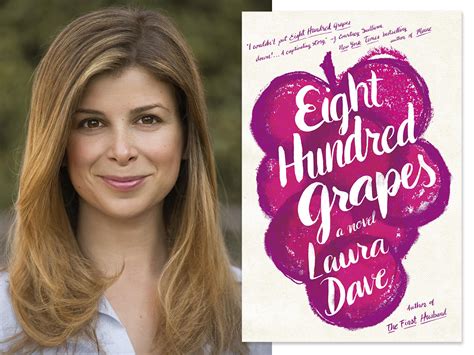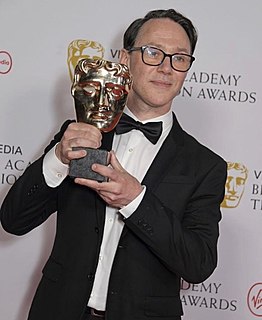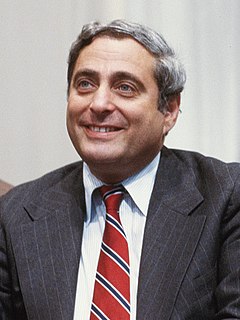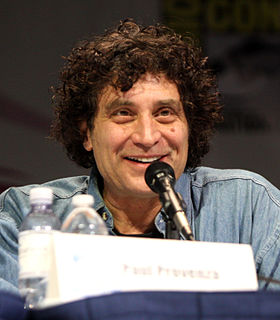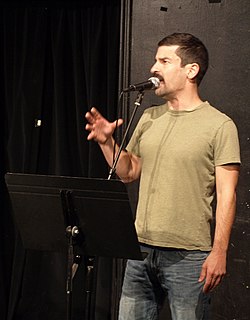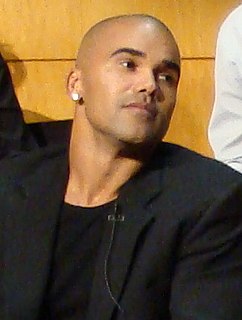A Quote by Laurie Anderson
The audience creates its own personality, I've noticed, in the first five minutes. They will either be generous, funny, silly, withholding, academic, analytical, grudging. And I'm fascinated with how that gets constructed, because it happens right away.
Related Quotes
Josh had told me a long time ago that he had this theory that an entire relationship was based on what occurred over the course of the first five minutes you know each other. That everything that came after those first minutes was just details being filled in. Meaning: you already knew how deep the love was, how instinctually you felt about someone. What happened in their first five minutes? Time stopped.
Academic writing you have to get right. Fiction you have to get plausible. And there's a world of difference. In a way, if someone says this didn't feel exactly right, I don't care. But that is not okay to do in academia - it's not about feeling. You want to establish a pretty solid case. So did this allow me to express things differently? Absolutely. Another thing I've been thinking about as an academic: our writing style is expository, and in fiction, withholding information matters quite a bit. Withholding things in academia - there's no place for that!
But live you get the chance every night to rework it and change it and hone it. But then you get the false, weird oddness of being able to look at it and say: "Well that's weird, because last night they laughed at that and yet they didn't tonight. So what did I do? Nothing was different." You have that strange thing of being able to tell within five minutes what an audience is like. Very quickly an audience gets a personality and you start to think: "What is it about you all; you all hate it, don't you?" Then you come out and have friends in and they say: "It was brilliant!"
Any good director creates a playground. That's what they do. They hire the right actor, open the door and let them play because stuff will happen, right then and there. The audience wants to believe that what's going on is happening for the first time, ever. That's what acting is. That's what good scene writing is.
You never know how a film will play, whether it will be successful or not, or whether it will touch the audience. I always said to myself that whatever happens, big audience or small, that I would not let the results have an impact on my way of working. But it would be a bit silly for me to change my methods when I have a big success. That means my methods work well.
I stand firm behind the belief that, for me, songwriting isn't something that I do or command, it happens to me. I can either choose to stop and acknowledge it, or put it off and hope that it won't fade away. 'That Wasn't Me' is no exception - it came together more quickly than any other song I have ever constructed on my own.
You find a personality whom you think the TV audience will embrace and find a format that is tailor-made for the personality. In the case of Andy Griffith, we moved the personality of a wily country shark - a funny and shrewd guy - into another arena. In this case, he is a lawyer, and it is a dramatic series.
My audience is comprised of three categories. The first category contains the people who decide after the first five minutes that they've made a mistake and leave. The second category is the people who give the film a chance and leave annoyed after 40 minutes. The third category includes the people that watch the whole film and return to see it again. If I'm able to persuade 33% of the audience to stay, then I can say that I've succeeded.

